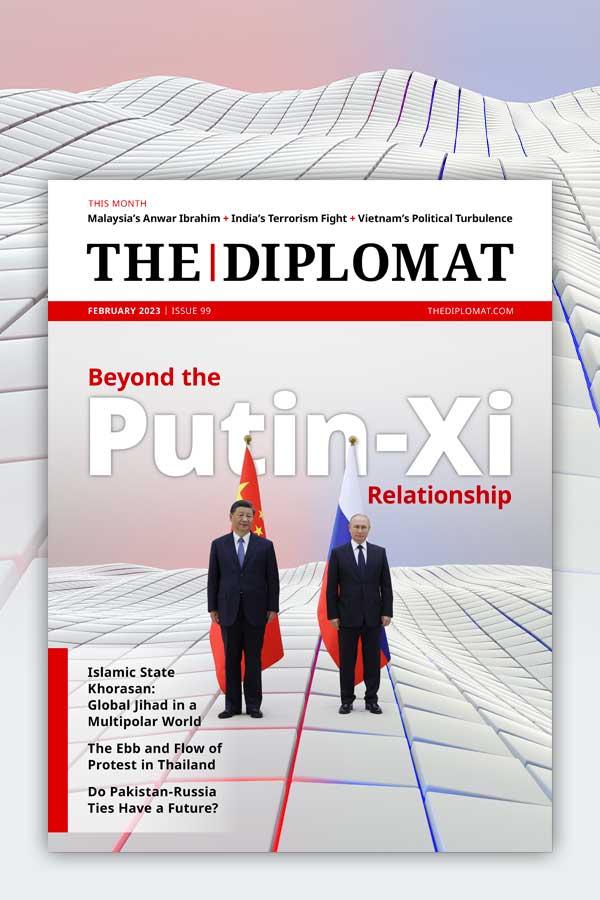| Welcome to the latest issue of Diplomat Brief. This week our top story explores the significance of the Indonesian president’s announcement acknowledging past human rights abuses. We also have an interview with Robert Einhorn, a senior fellow in the Arms Control and Non-Proliferation Initiative at the Brookings Institution, on the ramifications of South Korea going nuclear. |
| Story of the week |  | Politics Indonesia Confronts the Past, While Sidestepping the PresentWhat Happened: In January, Indonesian President Joko “Jokowi” Widodo formally acknowledged 12 episodes of human rights violations committed by the government between 1965 and 2003, including the 1965-66 anti-communist purges, disappearances of democracy activists in 1997-98, and violence targeting ethnic Chinese in 1998. It was a rare move toward accountability in Southeast Asia, where governments are more likely to ignore past abuses. But rights activists argue Jokowi’s admission falls short of true justice – especially because there is no inclination to prosecute those responsible for the crimes. Our Focus: “It’s not justice, but a pragmatic approach to provide some kind of so-called reconciliation with the victims, because Jokowi feels the judicial mechanism is not adequate,” Andreas Harsono of the advocacy group Human Rights Watch Indonesia said of the announcement. Notably, Jokowi did not address ongoing violations of rights in Papua, nor suggest penalizing those responsible for past and present rights abuses. Baskara Wardaya, director of the Center for History and Political Ethics at Sanata Dharma University in Yogyakarta, explained the need to tread cautiously: “Jokowi wants to make necessary reforms in Indonesian society in general, including the military. But he also knows the military is a very strong entity that cannot be dealt with carelessly. Any miscalculation could create disastrous repercussions.” What Comes Next: The continued prominence of defense officials – including those implicated in past abuses – in Indonesian politics has rights activists skeptical about the potential for more progress. Jokowi’s long-time rival turned defense minister, Prabowo Subianto – an ex-special forces commander responsible for orchestrating the disappearances of pro-democracy activists in 1997-8 – is the frontrunner for the 2024 presidential election. Harsono warned that if Prabowo won the presidency, it would represent “another landmark for impunity in Indonesia.” Read this story |
| Behind the News | INTERVIEW Robert EinhornRobert Einhorn, a senior fellow in the Arms Control and Non-Proliferation Initiative and the Strobe Talbot Center for Security, Strategy, and Technology at the Brookings Institution, on the ramifications of a nuclear-armed South Korea for its alliance with the United States: “South Korea's acquisition of nuclear weapons would not necessarily mean the end of the U.S.-Republic of Korea mutual defense treaty. But the nature of the alliance would fundamentally change.” Read the interview |
| Visualizing APAC |  | Satellite images of the Aral Sea from 1989 (left) and 2014 (right) drive home the extent of the ecological crisis still unfolding in the area. See the full picture |
| Word of the Week | Society Tự chuyển hoáVietnamese for “self-evolution,” meaning attempts to reform the Communist Party of Vietnam from within. Find out more |
|  |



